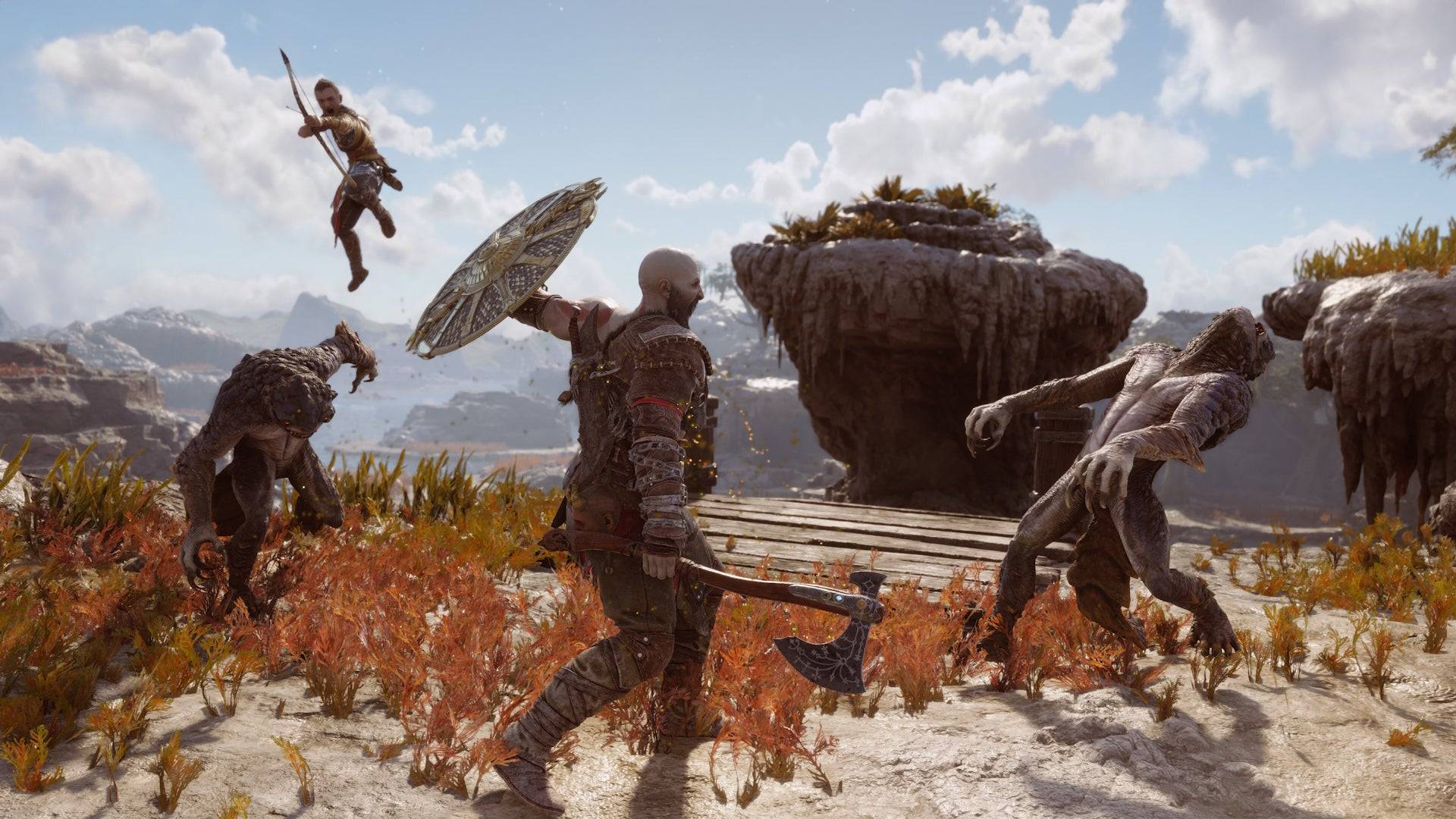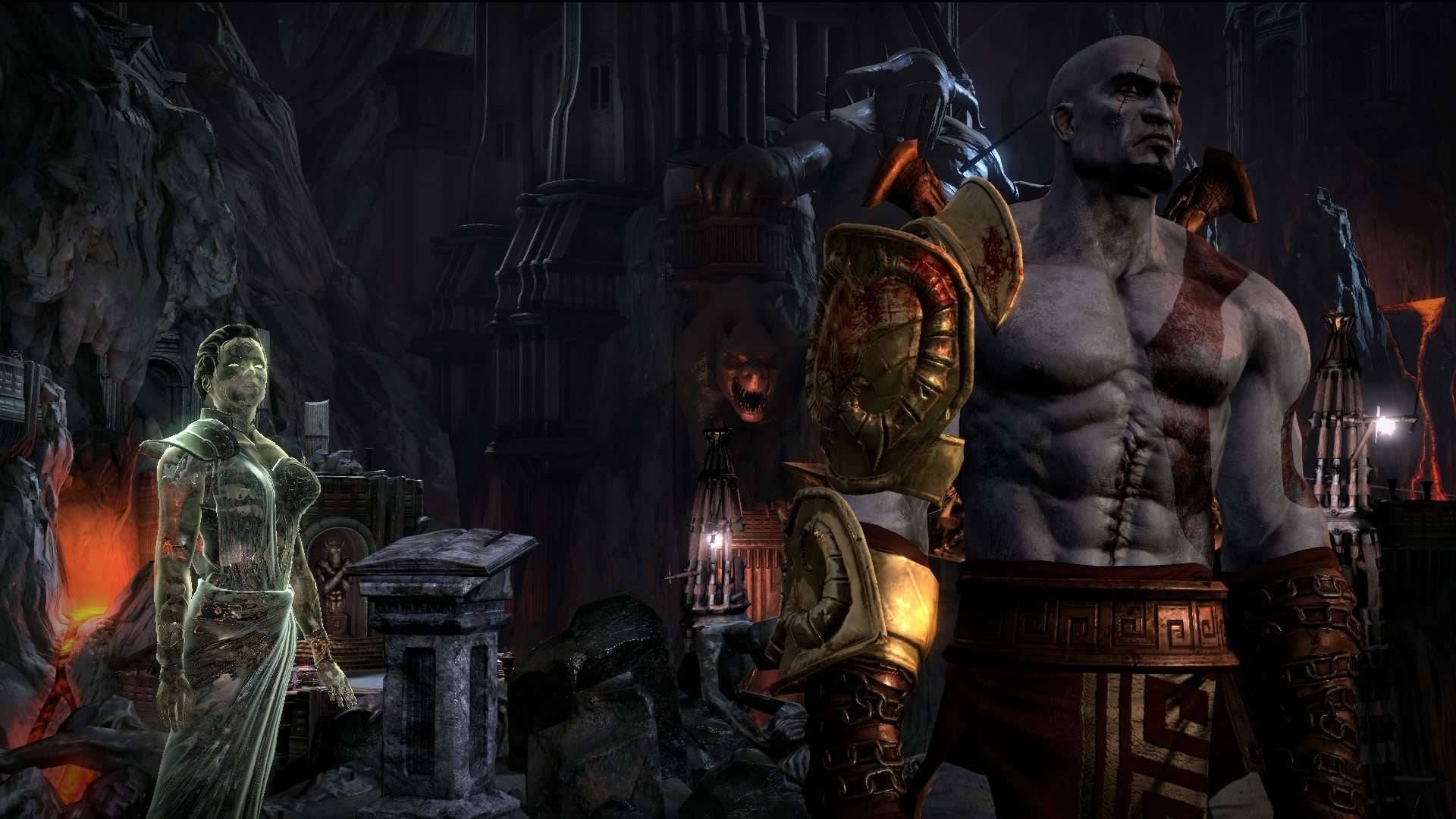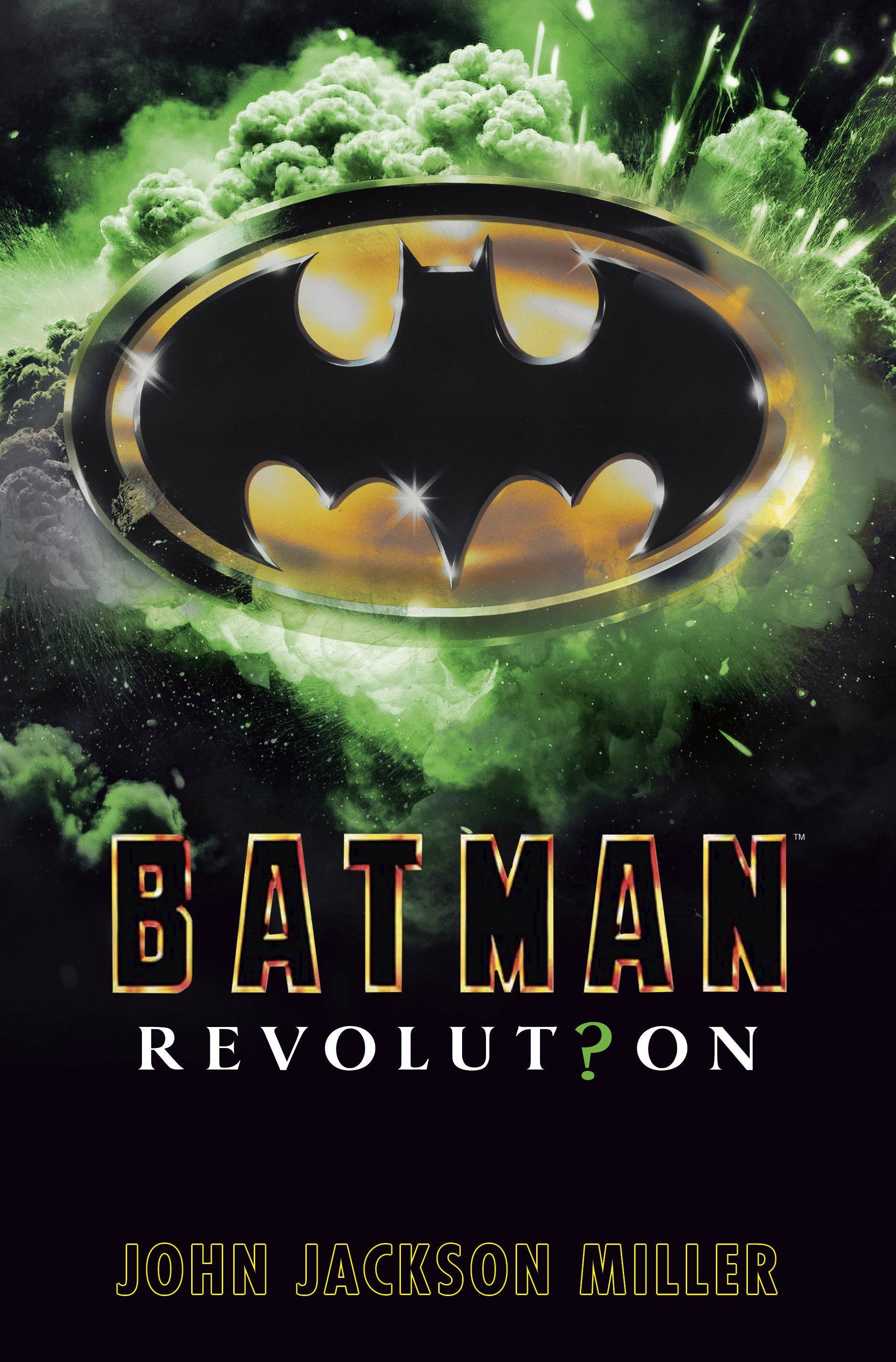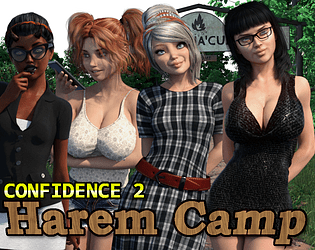The God of War series has been a PlayStation mainstay for four generations. Kratos' vengeful journey, starting in 2005, has defied expectations, thriving where other long-running franchises faltered. This longevity stems from a willingness to adapt. The pivotal 2018 reboot, transplanting Kratos from Ancient Greece to Norse mythology, dramatically altered the series' presentation and gameplay. However, even before this acclaimed shift, developer Sony Santa Monica subtly refined the series, ensuring its survival.
Reinvention is crucial for God of War's future success. Director Cory Barlog hinted at exploring Egyptian and Mayan settings, and recent rumors resurface the Egyptian possibility. This desire is understandable; Ancient Egypt offers a rich cultural and mythological backdrop. But a new setting is only the beginning; future iterations must reinvent themselves, building upon the successful elements of the Greek trilogy while enhancing them for a new era, much like the transition to the acclaimed Norse games.

The Greek trilogy, spanning a decade, progressively refined its hack-and-slash gameplay. By God of War 3, Kratos wielded a revamped magic system complementing combo-based melee combat, facing diverse and challenging enemies. The PlayStation 3's enhanced power enabled improved camera angles, showcasing the game's graphical prowess.
The reboot, however, discarded some defining elements. The Greek trilogy's platforming and puzzle elements were largely removed in the Norse games due to the shift to a third-person, over-the-shoulder perspective. Puzzles persisted, but were redesigned to suit the adventure-focused narrative.
Valhalla, the God of War Ragnarök DLC, notably reintroduced battle arenas, a feature from the original series, adapted for the Norse setting. This mirrored the narrative, seeing Kratos confront his past in Valhalla, symbolically completing a circle. This wasn't merely a rehash; the Norse games introduced new mechanics, including the Leviathan Axe's throwing capabilities, a parry system enhanced by shield types, and Ragnarök's magical spear, offering a faster, more explosive combat style. These tools facilitated exploration across the Nine Realms, each with unique enemies and visuals.

Beyond mechanics and exploration, the Norse duology significantly evolved the storytelling. Kratos' grief over his wife and his strained relationship with Atreus form the emotional core, a stark contrast to the original trilogy's more brutal narrative. This emotive approach contributed significantly to the Norse era's success.
God of War's transformation reflects a unique approach to franchise management. The Norse games aren't viewed as sequels, but as extensions of Kratos' journey. This perspective should guide future installments.
However, radical reinvention isn't a guaranteed formula. Assassin's Creed, despite its frequent changes in setting and time period, hasn't consistently maintained fan engagement across generations. The shift to open-world RPGs, starting with Origins, weakened its connection to core lore, leading to criticism of bloated content and a departure from its assassin roots. Recent attempts to course-correct with Mirage and Shadows aim to revive the series' earlier style and focus.
AnswerSee ResultsAssassin's Creed's experience highlights the risk of abandoning a series' strengths. God of War skillfully avoided this pitfall. The Norse games, while a radical departure, retained Kratos' core appeal and the series' fundamental mechanics. It built upon the Greek trilogy's intense combat, adding features like enhanced Rage options, new weapons, and expanded combat choices, all while deepening the lore. Future installments must continue this approach.
Regardless of the Egyptian setting rumors, future entries must build upon God of War's success. The Norse games' success hinges on their narrative depth; Kratos' evolution from a rage-filled monster to a complex father and leader is key. Future installments must build upon this, while innovating and striving for even greater heights.









